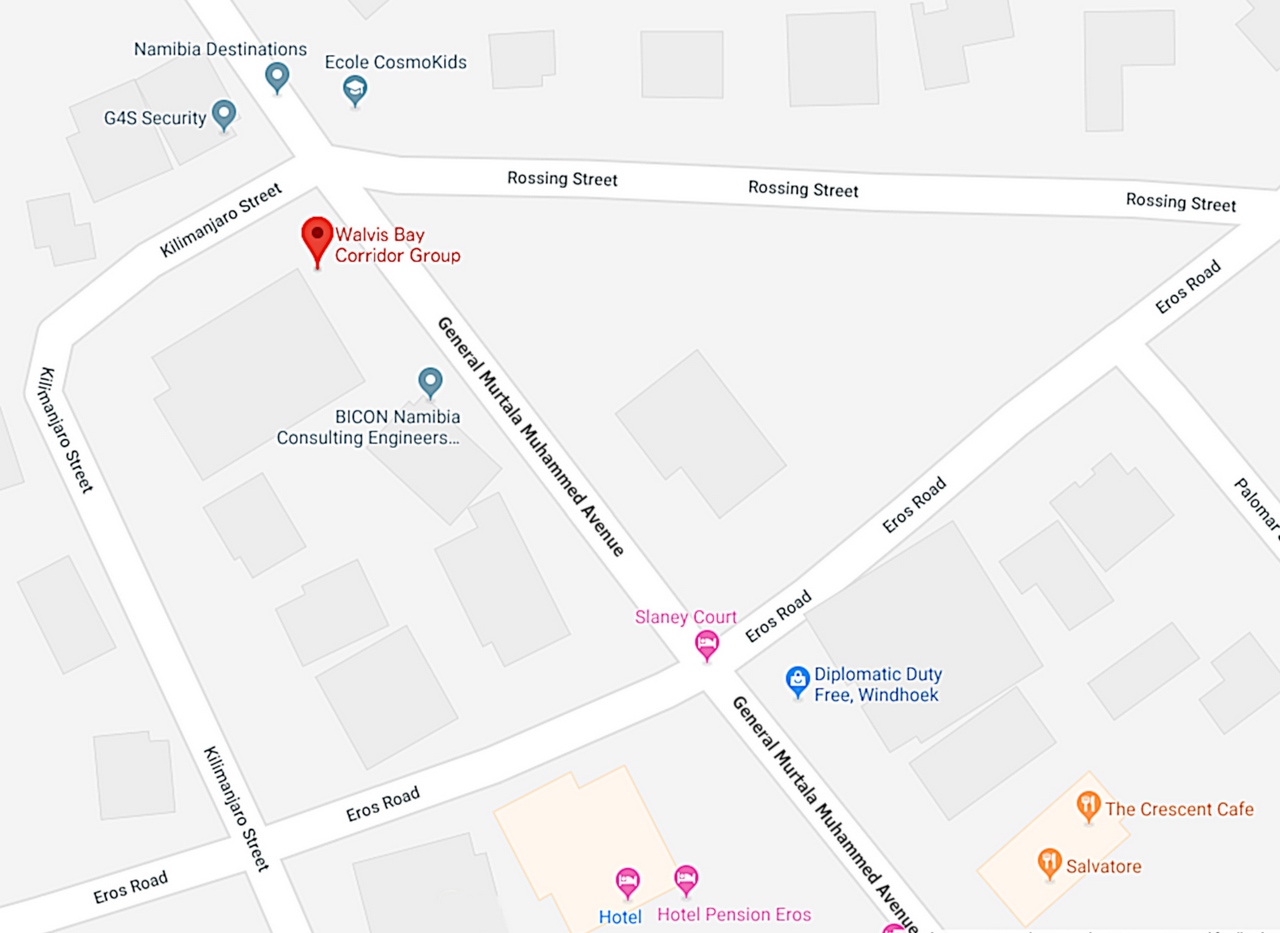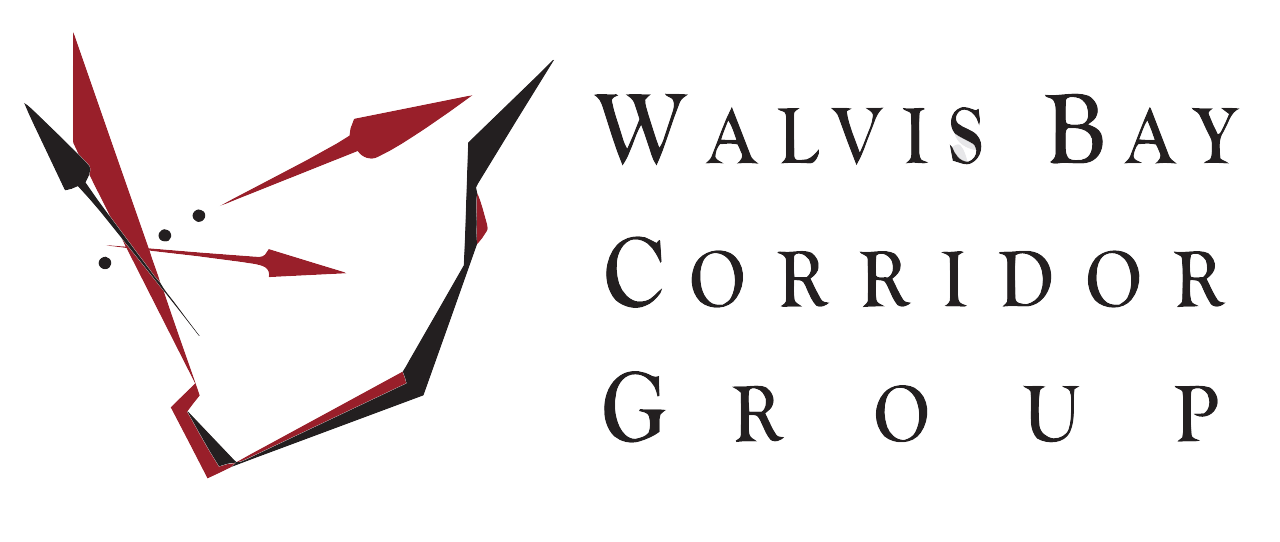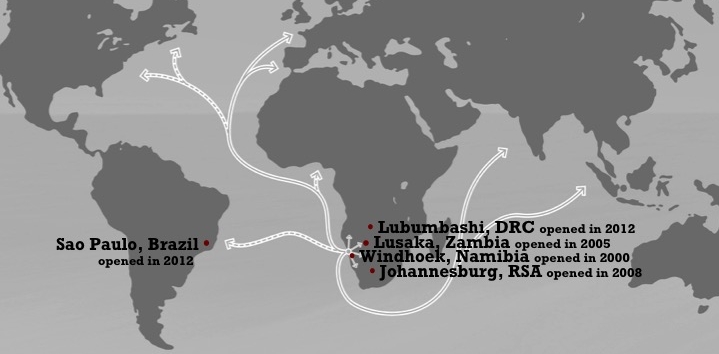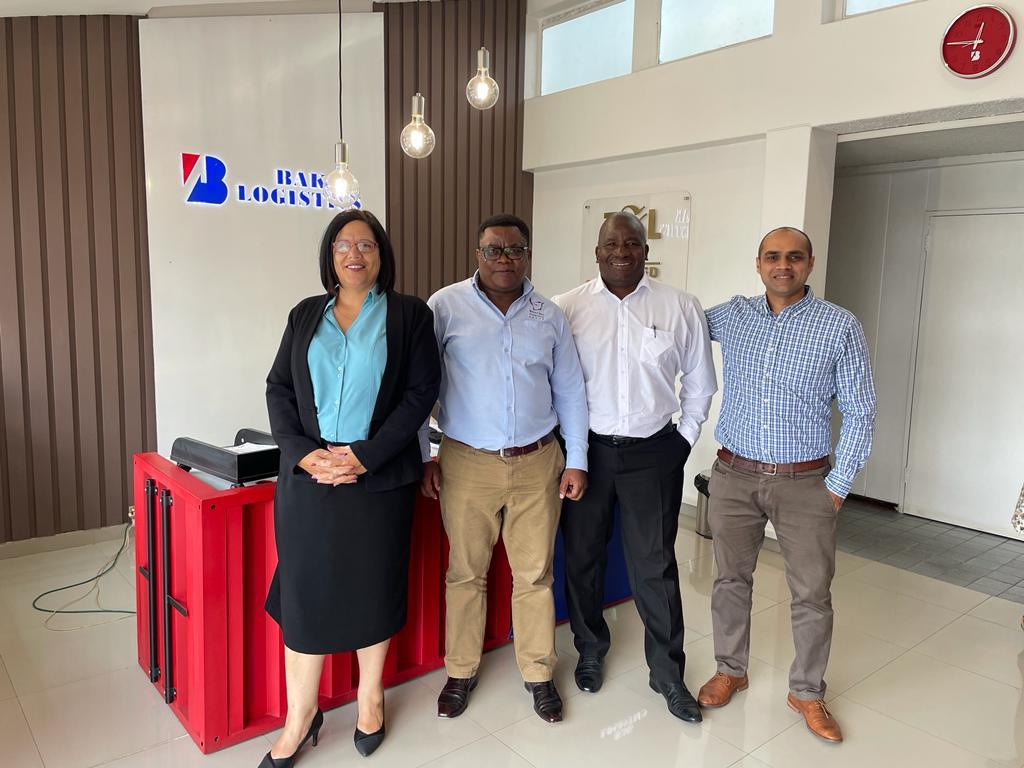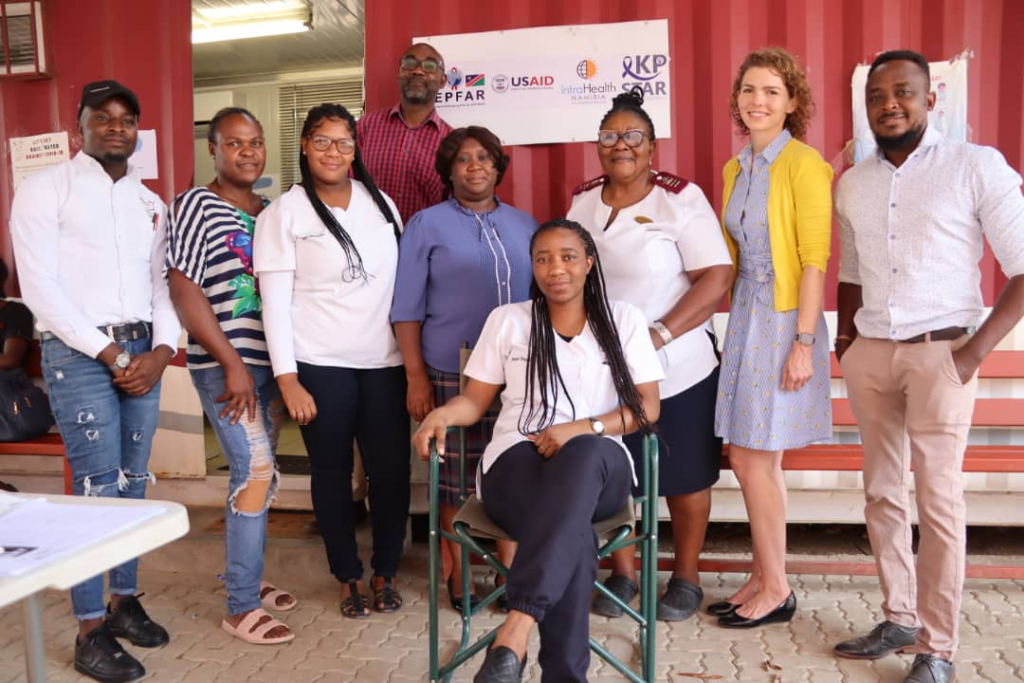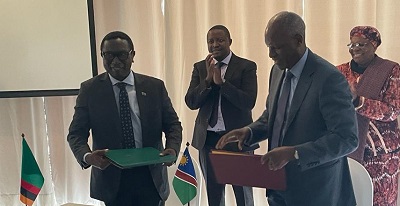Developing the Namibian Logistics Hub initiative
Posted: 21 May 2019
The advancement of the Namibia Logistics Hub initiative continues to gain traction as the Walvis Bay Corridor Group (WBCG), through its Logistics Hub project pushes forward, implementing the strategies and plans detailed in Namibia’s Logistics Hub Master Plan.
With the commencement of the count down for the commissioning of the new Container Terminal at the Port of Walvis Bay, slotted for August 2019, the WBCG has intensified efforts to attract more volumes and additional investment in infrastructure. Under the Logistics Hub Project, a number of additional studies and programs to support this initiative have been rolled out and completed over the past year. Amongst them was the Strategic Marketing Study, which looked at the current trade in the Southern African Development Community (SADC), focusing on major volumes to and from markets like Zambia, DRC, South Africa and Botswana. Through this, the most suitable cargo type was identified and is supported by a strategic intervention plan to move more cargo on the Walvis Bay corridors.
The most recent project under the Logistics Hub initiative was the launch of the Namibia State of Logistics report, an important tool to gauge key areas in driving the Namibia Logistics Hub Initiative. The roll-out of this report serves as the premier benchmark for Namibian logistics activity and is a noteworthy milestone, since Namibia is one of the first African countries to have developed a report like this.
“Sustaining the momentum gained under the Logistics Hub Project whilst enhancing our business development activities to attract new opportunities to Namibia, remain one of our core focus areas. With that said, WBCG constantly reevaluates its approach to the market”, explains WBCG’s CEO, Mr. Clive Smith. For the organisation, this means fostering alliances and closer working relations with members as well as users of the Walvis Bay corridors, existing and potential.
The Logistics Hub Project aims to deepen economic integration and put in place measures to improve competitiveness and enhance closer trade and investment linkages. It’s with great pride that the WBCG continues to play a central role in Namibia’s regional transport and corridor development. “We rely heavily on partners and our stakeholders and thus allow me to extend our heartfelt appreciation to those that support Namibia’s drive to transform itself into a Logistics Nation”, notes Mr. Smith. “As a service organisation, our stakeholders and partners remain at the forefront of our daily activities. Consolidating our activities of the past 5 years as we developed and implemented the Namibia Logistics Master Plan, our members and other stakeholders can be assured of our continued efforts to put Namibia on the map as a viable trade route in terms of efficiencies and cost effectiveness”.
There is no time for rest, as many important steps have been initiated which lead to the development of Namibia as a Logistics Hub for Southern Africa. These efforts have to continue and the products, such as this State of Logistics report have to be utilised. The success of the Logistics Hub Project hinges on a coordinated and synergised implementation of the Logistics Master Plan programmes and projects. Looking forward, the project aims to tackle the areas of capacity building, strategic marketing, better integrated border management, green logistics, port and corridor development.
